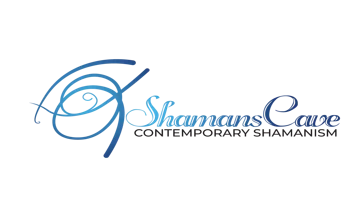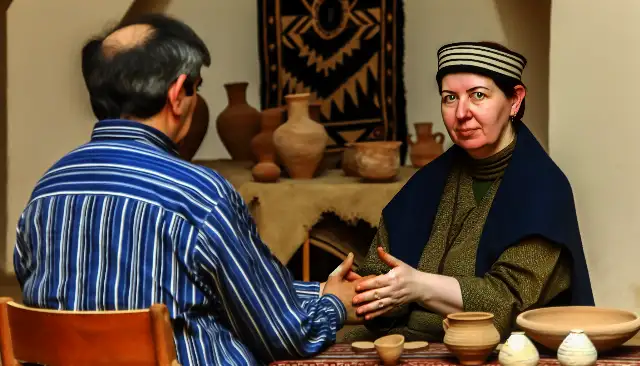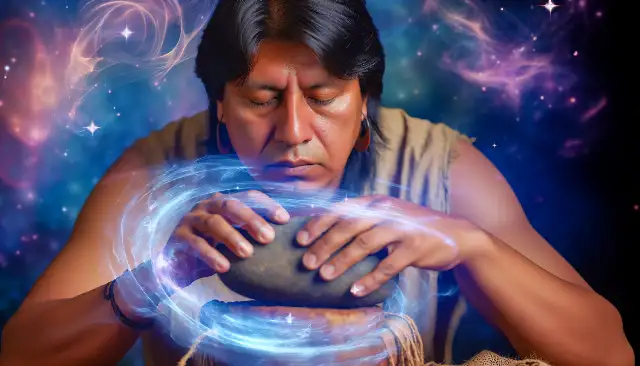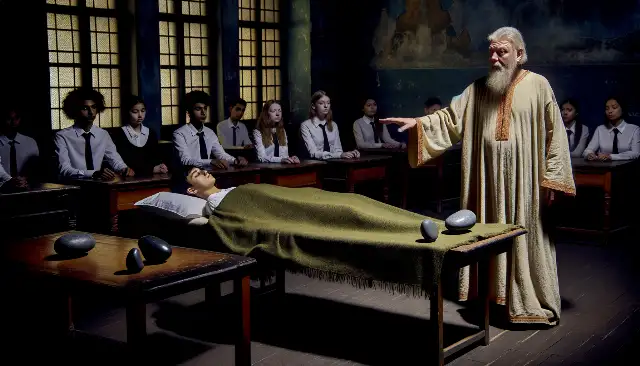
I haven't talked about will before, though it is a crucial element of personal energy, for the simple reason that when we exercise intent, we naturally apply will to the effort. One cannot form and execute intents without will, but one can apply will without intent. If intent is the gun, then will is the trigger; if intent is the sword of reason, then will is the forge of the soul. Will as a separate part of our personal energy is crucial in the process of linking the larger rational mind with the more primitive and unknown energies of the hidden sides of our nature. Shamans learn to apply will directly to their intent, which is formed in very narrow and specific ways. While we can all remember instances of applying will specifically to certain intents we have used in life, we cannot for the most part explain how will is used in a rational sense. We tend to relegate will to that vague area of human emotions which aren't quite comfortable enough to explain, but necessary enough to keep close at hand. Will can be handled just like intent, it can be used to endemnify our actions through intent. We can feel "will", we can feel the resolve it brings to accomplish what we have intended, but we don't stop to consider it as a separate function of our energy. Without will, however, we are stuck, unable to overcome the inertia of whatever life puts in our path. So what is will?
Will is the bending of our energy outside the normal venues of rational intent. When you have a goal, but no idea how to get there, not even the first step -- you can feel for the welling up of energy in the solar plexus -- that's will without attachment. Intents, or what you form as intentional outcomes are a function of your reason, the rational mind. You will naturally apply the force of will to these because it is the simple nature of humans beings to do no less. Hence, if one's intent is strong, focused and unyielding, results will follow. When we talk about will as a separate subject we are off in a different though very similar direction. When a shaman wants to understand the unknown, or an aspect of the unknown, he or she has no way of knowing from a rational position where to begin that enquiry. But by applying will alone to the movement towards that broad goal, things are bound to happen. That is, if the person wielding the will has the focus to do it. I was not taught so much about intent as I was about will and applying will at a level that only death would stop the progession towards a given goal. In that system, will was the crucial element for movement across boundaries which are by even the most liberal standards, insane. Will is a force applied to create movement. And movement in this definition applies to anything which cannot be rationally attained through the application of pure intent. Do you see the division here? Intent is the application of will through the rational mind, will alone however can be applied and used like a rapier.
Here is an example of will. This one just happened a week or so ago. Imagine putting one-half inch copper pipe twelve feet long through a hole five-eights of an inch in diameter through to a hole you can't see at the bottom. I plunked around for a half hour or so with it, up and down three flights of stairs, prying with screwdrivers and no luck. Then I thought, wait a second, I know how to do this. I raised the pipe up out of the hole about five feet, willed it through the hole in the first floor and dropped it . . . a second later I heard it hit the floor in the basement. Then I picked up the second pipe, did the same thing and heard it hit the basement. That is the direct application of will.
Ok - in the moment of 'willing' it - what did you do?
I just reached out from the midsection of my body with my will, took hold of the end of the pipe, dropped it and saw the hole at the bottom and guided it through, then let go :) It was direct without thought about achieving a result, but about only a part, which then resulted in the result. That be it. It was just done . . . no thought, no real visualization - only direct taking hold with will and going.









Comments